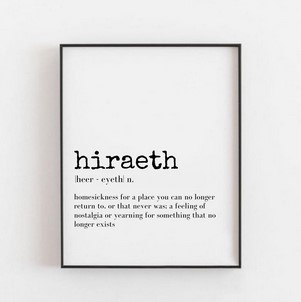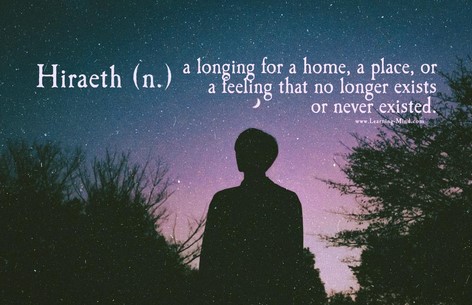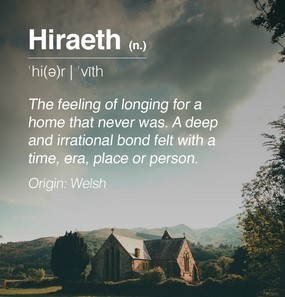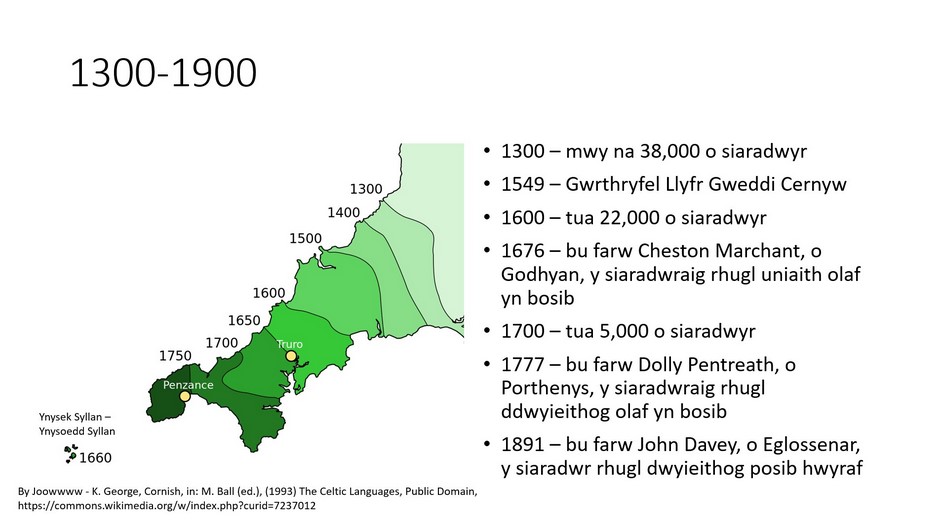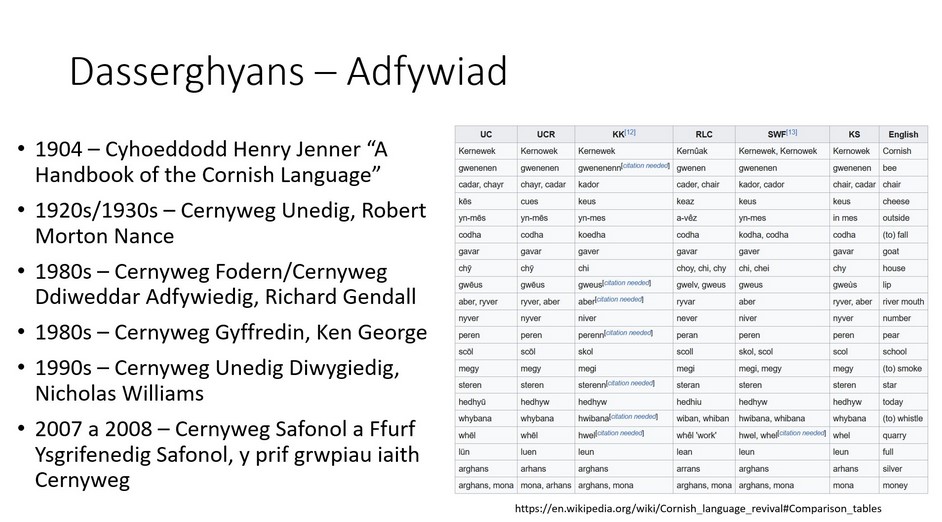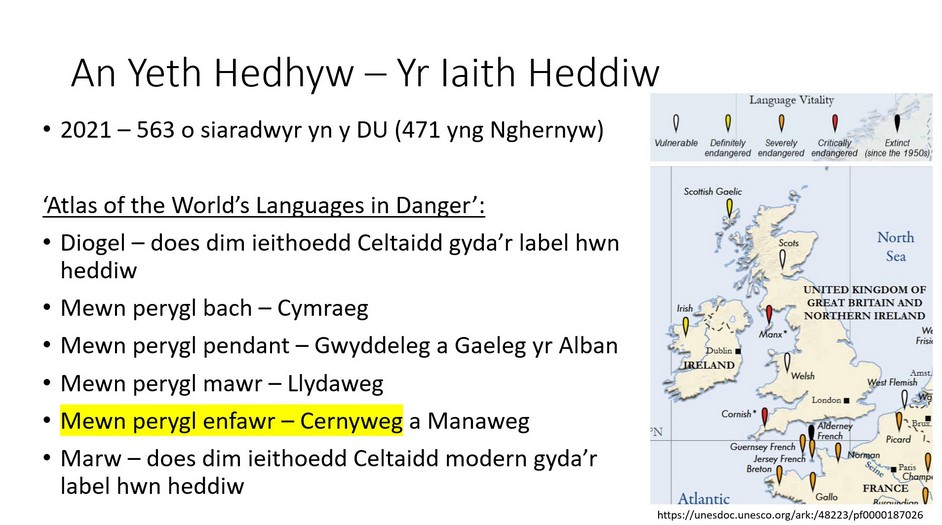Do we need to rename the "British Isles"?
May. 16th, 2025 06:42 pmWhen the Germanic dialects of the Angles, Saxons, and Jutes, and Old Irish came to Great Britain, "British" was still only used to refer to the Brittonic-speaking peoples. After the Acts of Union in the 1700s, the term "British" came to be used by all the inhabitants of the island of Great Britain to refer to themselves, and became a political identifier, rather than an ethnic/linguist one.
Because of the oppression and Anglicisation of the non-English nations of these islands at the hands of the English, I (and others) feel like "British" has basically become a synonym for "English", and the cultures/languages/histories of the non-English nations are erased by labelling them as "British" too. When people talk about "Britain" they are usually only talking about England, and rarely also about Ireland, Scotland, Wales, Cornwall, the Isle of Mann, and the Channel Islands (and when people online talk about "British accents" they are usually talking about one specific, upper-class English accent. But regional/class-based accents and classism are a topic for another day). Outside of these islands, Britain and England seem to be basically viewed as one and the same. Other people seem unaware of a number of the minoritised cultures here and our histories and struggles.
Because of this conflation of the terms "English" and "British", there has been more and more talk about renaming the "British Isles" to something with less political or colonial connotations. The "Atlantic Archipelago" is something I've seen a number of times in academia, although I've yet to see it be used outside of academic scenarios. The main issue I can think of is that there are other archipelagos in the Atlantic Ocean.
What are some other alternatives? The North Sea Archipelago? There are other archipelagos in the North Sea. The Celtic Archipelago? England is not a The Celtic nation, and Brittany (which is a Celtic nation) is not in the archipelago. The Irish Archipelago? After all, the islands do surround the Irish Sea. The Dogger Archipelago? I think that might be my favourite (but I think Doggerland is very cool and interesting so maybe I'm biased). But why do we need to rename the British Isles at all?
Why do we still all need to be grouped together in that way? As previously mentioned, when people talk about "Britain" they are, 9 times out of ten, actually talking just about England. If we were to rename our islands to "the Atlantic Archipelago" then I feel like this same issue would persist, just under a new name. Maybe instead we should just change the way we talk about ourselves. If you are just talking about England, then just say England. If you're not sure what you're saying applies to just England or elsewhere in the isles too (because we each have our own laws, cultures, history, etc.) then perhaps just do a bit of research to find out, rather than just assuming that because something happens in England then it must be uniform across the islands.
I think "British Isles" is a bad term that we need to retire, but I'm not entirely sure we need to replace it with anything or to continuously lump ourselves in with our oppressors in our day-to-day language.

